From Cinangka With Dry Battery
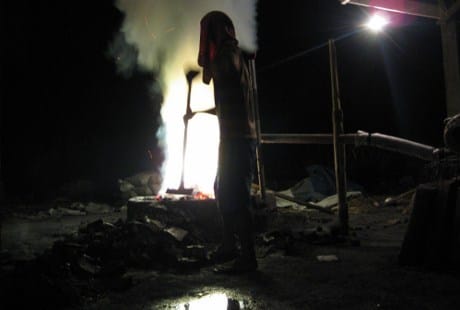

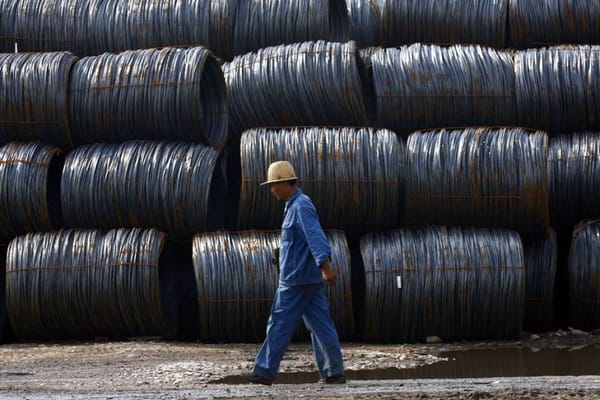
PT Danantara Indonesia terus memperkuat langkah transformasi PT Krakatau Steel (Persero) Tbk sebagai bagian dari upaya membangun industri baja nasional yang sehat, berdaya saing, dan mampu menopang pertumbuhan industri ke depan.
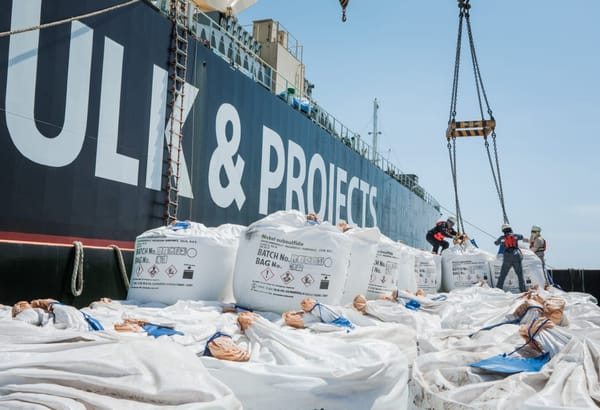
Wakil Ketua MPR sekaligus anggota DPR Komisi XII, Eddy Soeparno memuji keterbukaan dan akuntabilitas PT Vale Indonesia (VALE) yang tengah melaksanakan hilirisasi komoditas nikel.
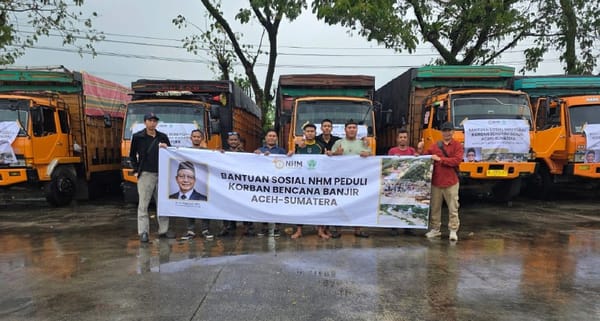
PT Nusa Halmahera Minerals (NHM) menyalurkan bantuan kemanusiaan untuk masyarakat Aceh sebagai bentuk dukungan nyata terhadap upaya penanganan kondisi darurat yang tengah dihadapi wilayah tersebut.
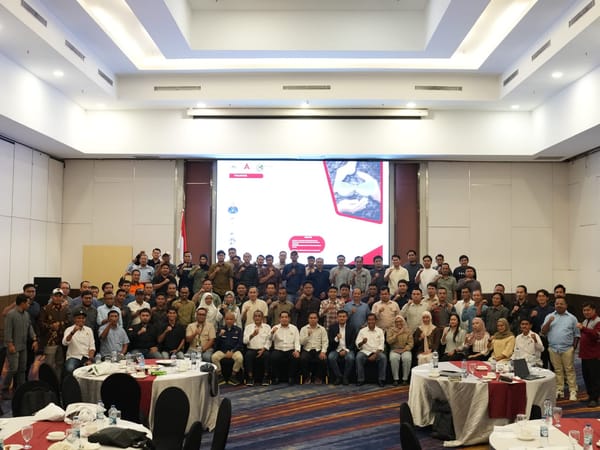
Jakarta,TAMBANG,- Perusahaan tambang memiliki kewajiban mengelola pertambangan dengan baik. Salah satunya adalah kegiatan reklamasi dan pasca tambang. Terkait hal ini, Perhimpunan Ahli Pertambangan Indonesia (PERHAPI) Perwakilan Sulawesi Tenggara dan Inspektur Tambang Kementerian Energi dan Sumber Daya Mineral (ESDM) menyelenggarakan Pelatihan. Pelatihan kali ini mengangkat topik "Training Reklamasi